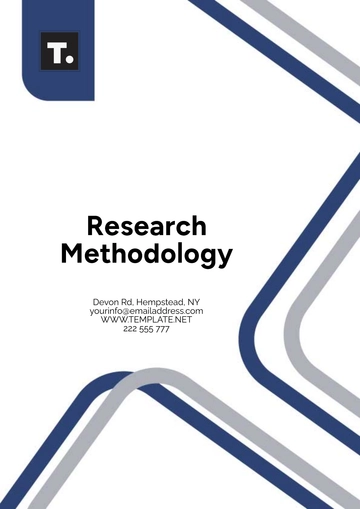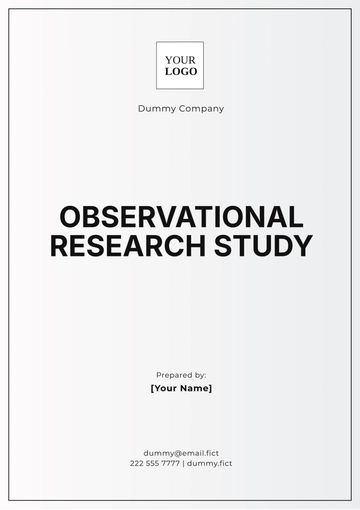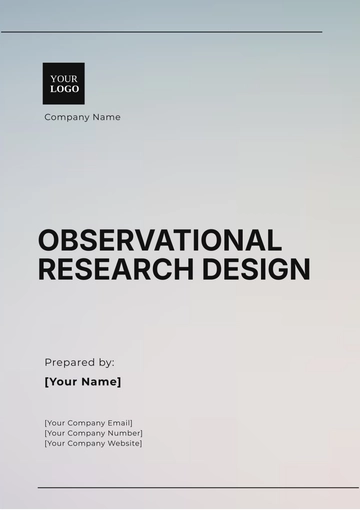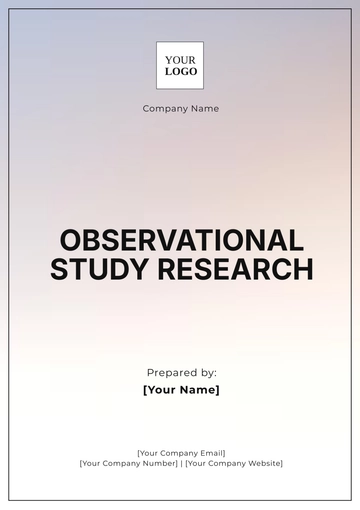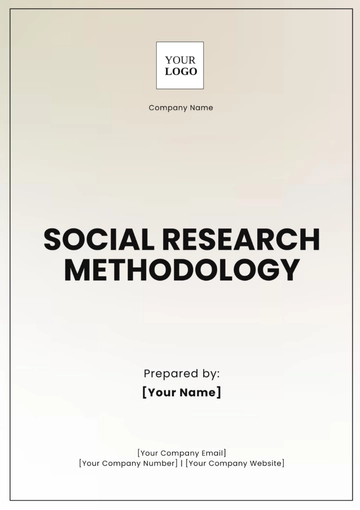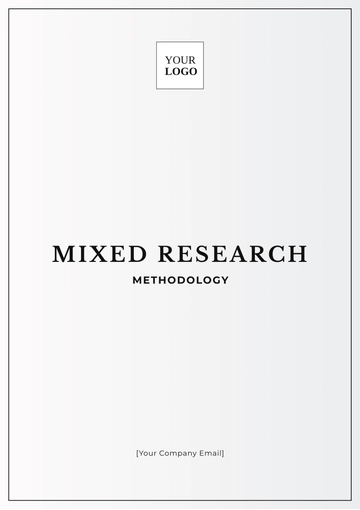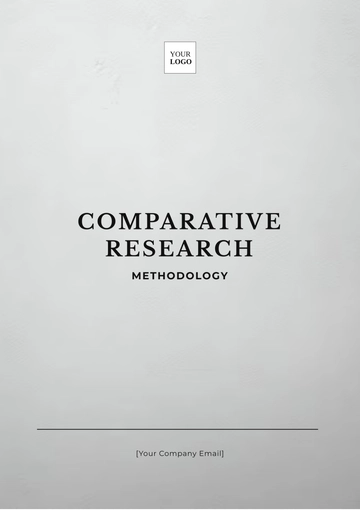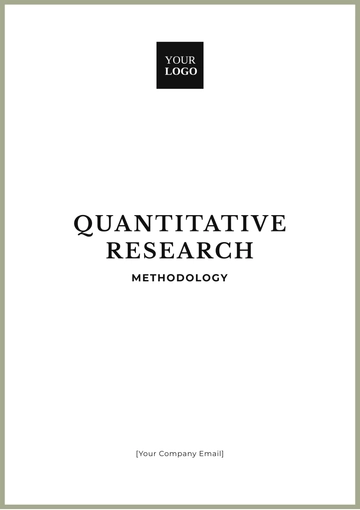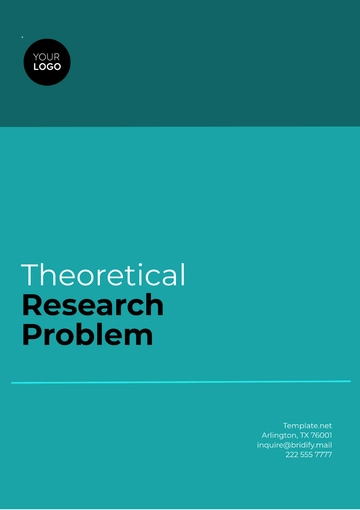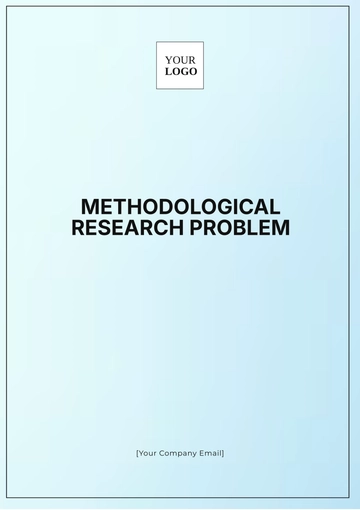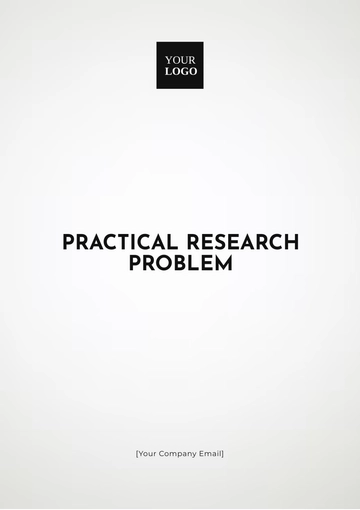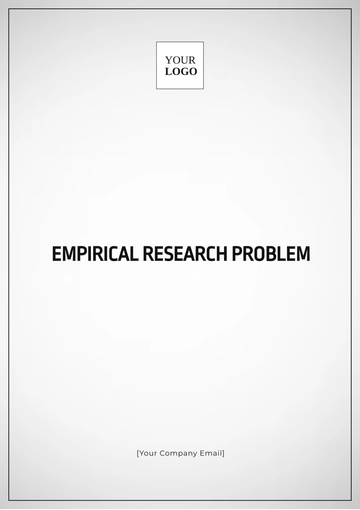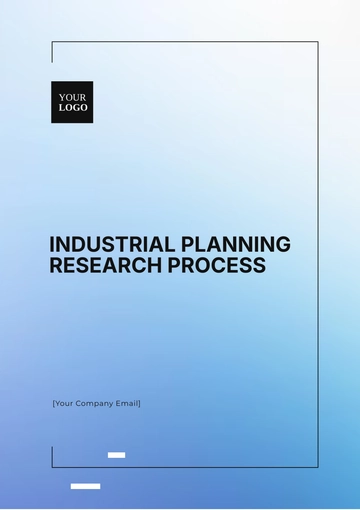Free Strategy Research

I. Introduction
The rapidly evolving business landscape necessitates effective strategies to adapt and thrive. This research, spearheaded by [YOUR NAME] from [YOUR COMPANY NAME], delves into the practices that shape successful organizational strategies to foster growth and innovation.

Understanding the multifaceted nature of strategic planning, this paper aims to provide a framework that assists in the formulation and implementation of organizational strategies, pinpointing key processes and methodologies backed by empirical evidence and contemporary business theories.
II. Defining Organizational Strategy
A. Overview of Organizational Strategy
Organizational strategy refers to the cohesive direction set by a business that aligns functional activities to meet set objectives. It is a foundational approach that broadly determines how resources should be allocated to achieve these goals.
Strategies at the organizational level serve to bridge the gap between the micro operational processes and the macro vision of the corporation, setting a path towards long-term sustainability and competitive advantage.
B. Types of Organizational Strategies
Growth Strategies: Focus on expanding the company’s operations or customer base.
Stability Strategies: Aim to maintain current operations and focus on consistent service delivery.
Retrenchment Strategies: This involves cutting back or downscaling operations to focus on core competencies.
Innovative Strategies: Employ new and unique methodologies and technologies to capture market share.
Global Strategies: Strategies aimed at expanding operations across international borders.
III. Research Methodology
The methodology employed in this research consists of a mixed-method approach combining both qualitative and quantitative research techniques to ensure a comprehensive understanding of the organizational strategies. Various data sources, including academic journals, books, and credible online resources, were methodically reviewed.
Data collection involved conducting interviews with business leaders and administrating surveys among employees across various industries to gauge the effectiveness of different organizational strategies.
IV. Key Factors Influencing Strategy Development
A. Internal Factors
Company Culture
Resource Availability
Employee Skills and Competencies
Past Performance
Technological Capacity
B. External Factors
Market Trends and Conditions
Regulatory Environment
Economic Shifts
Competitive Landscape
Global Influence Factors
V. Implementing Effective Strategies
To implement successful organizational strategies, it is crucial to follow a structured approach that encompasses understanding, planning, execution, and evaluation:
Assessment of current organizational status and its operational environment.
Clear definition of strategic objectives aligned with the corporate vision and mission.
Development of a tactical action plan with defined milestones and deliverables.
Continuous monitoring and evaluation of strategy effectiveness against set KPIs.
Adaptation and realignment of strategies based on feedback and changing conditions.
VI. Conclusion
This research elucidates the critical aspects of developing and implementing effective organizational strategies. By leveraging both internal competencies and insights drawn from external environments, businesses can forge pathways that not only alleviate current challenges but also proactively position for future opportunities.
With [YOUR NAME] at [YOUR COMPANY NAME], this paper aims to serve as a guide for businesses planning to elaborate robust strategies that resonate with both their unique internal dynamics and the pressures of an increasingly complex external marketplace.
VII. References
Porter, M.E. (1985). Competitive Advantage: Creating and Sustaining Superior Performance. NY: Free Press.
Kaplan, R.S. & Norton, D.P. (2006). The Strategy-Focused Organization. Harvard Business School Press.
Johnson, G., Whittington, R., & Scholes, K. (2011). Exploring Strategy. Pearson Education.
Mintzberg, H., Ahlstrand, B., & Lampel, J. (1998). Strategy Safari: A Guided Tour Through the Wilds of Strategic Management. NY: Free Press.
Bryson, J.M. (2011). Strategic Planning for Public and Nonprofit Organizations. Jossey-Bass.
- 100% Customizable, free editor
- Access 1 Million+ Templates, photo’s & graphics
- Download or share as a template
- Click and replace photos, graphics, text, backgrounds
- Resize, crop, AI write & more
- Access advanced editor
Optimize your strategic analysis with the Strategy Research Template offered by Template.net. Fully customizable, it adapts to your project's needs. Download and print for immediate use, ensuring your insights are captured effectively. Edit in our AI Editor Tool effortlessly, refining your strategy with ease. Elevate your research process today for unparalleled results.

